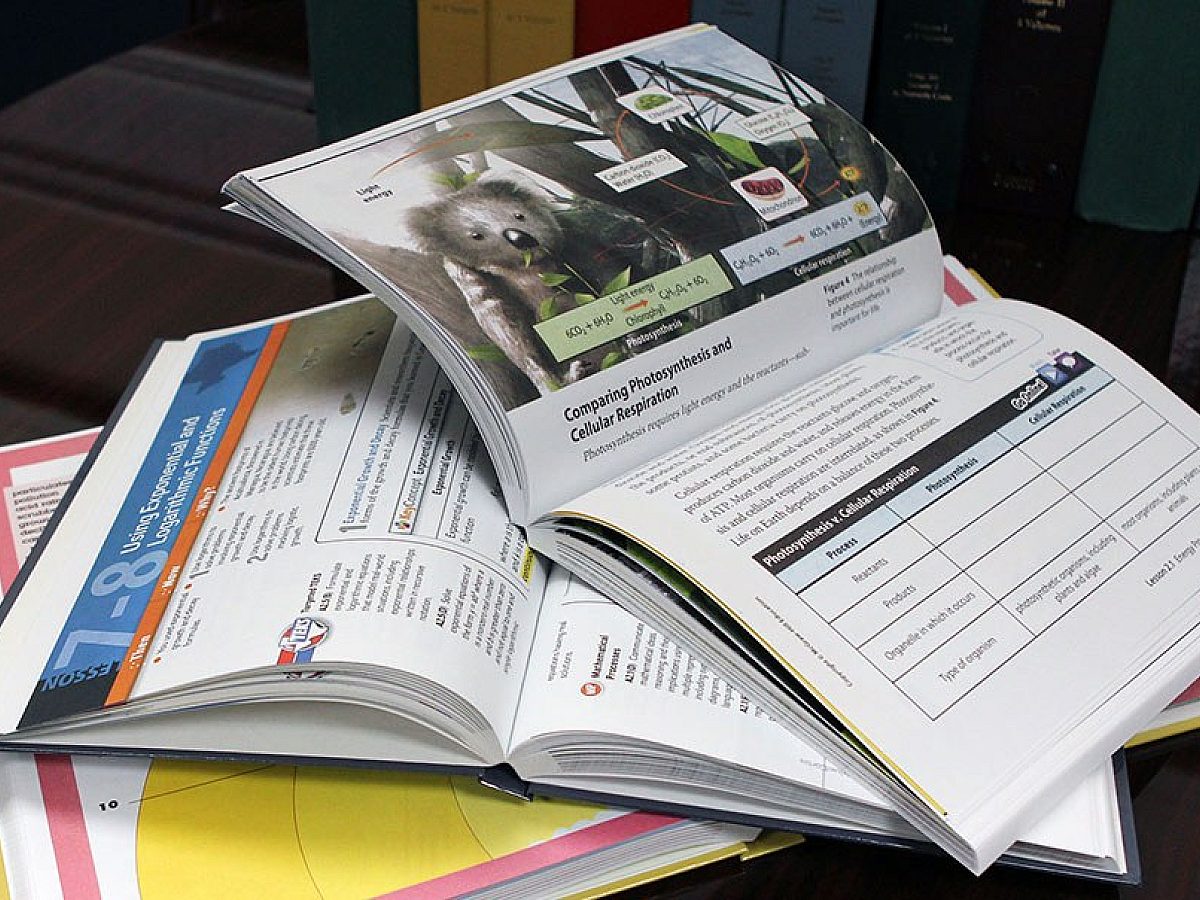𝘈𝘱𝘱𝘳𝘰𝘹 𝘳𝘦𝘢𝘥 𝘵𝘪𝘮𝘦: 4 𝘮𝘪𝘯𝘴🕒
Welsh and English have equal status under UK law, which means that for many organisations, translation into Welsh is a requirement.
But where does that obligation come from? What do public bodies and businesses need to know? And how does this affect the way Welsh translation services are commissioned?
In this article, we explain the key Welsh language laws, what they mean for translation, and how Wolfestone helps organisations stay compliant and connected across both languages.
The Welsh Language Act 1993: Establishing equality
The Welsh Language Act 1993 was the first piece of UK legislation to recognise that the Welsh language should be treated on an equal footing with English in Wales.
In the conduct of public business and the administration of justice in Wales, the English and Welsh languages should be treated on a basis of equality
This Act was ground-breaking and created a foundation for bilingual service delivery, particularly across central and local government, health boards, courts and other public services.
However, it didn’t go as far as creating legally enforceable obligations, which meant that many public bodies adopted voluntary language schemes rather than being required to deliver services in Welsh.
The 2011 Measure: Giving Welsh official status
That changed with the introduction of the Welsh Language (Wales) Measure 2011.
The Measure did three major things:
-
Gave Welsh official status in Wales
-
Created the Welsh Language Commissioner
-
Introduced legally enforceable language duties called Standards
These Standards replaced the old voluntary schemes with specific, measurable requirements.
For translation, especially government and public sector translations, it meant that many public-facing materials must be available in both Welsh and English.
What this means for translation today
Thanks to the 2011 Measure, translation is now a regulated part of service delivery for public bodies in Wales.
Depending on the type of organisation and the specific standards that apply, this could mean translating:
-
Forms and application materials
-
Website content
-
Letters and reports to the public
-
Public signage and notices
-
Event materials and presentations
-
Social media and marketing campaigns
According to the Welsh Language Commissioner’s guidance, translation must be accurate, clear and reflect the same tone and purpose as the original. It should be carried out by qualified linguists, not machine translation or automated tools alone.
Who must translate into Welsh?
Translation requirements under the Welsh Language Standards apply to:
-
Local authorities and councils
-
Health boards and NHS Wales
-
Police forces
-
Fire and rescue authorities
-
Colleges and universities
-
Housing associations
-
The Welsh Government and its agencies
-
Certain regulated private providers (e.g. utility companies)
Each organisation receives a compliance notice setting out which standards apply. Failure to meet them can result in investigations or public criticism.
In fact, the Welsh Language Commissioner’s enforcement reports show that failure to translate key documents or communicate bilingually can lead to reputational damage, particularly when services are deemed inaccessible.
Summary: Why the Welsh Language Act still matters
The 1993 Act recognised Welsh and English as equal in public lifeThe 2011 Measure gave Welsh official status and created enforceable language dutiesPublic bodies in Wales are now required to provide translation services as part of those dutiesCompliance is monitored and poor translation can lead to enforcement action.Choosing the right translation company helps organisations deliver accurate, accessible and bilingual content.Our case study with Urban Foundry
Urban Foundry, a B Corp-certified urban regeneration agency based in South Wales, is committed to making communities more inclusive and accessible.
As part of that mission, they partnered with Wolfestone to translate posters, flyers, email invites and social media content into Welsh. Our team worked closely with Urban Foundry to adapt persuasive messaging into Welsh without losing impact or clarity.
By working bilingually, Urban Foundry helps its clients engage more meaningfully with Welsh-speaking communities, reflecting the spirit of the Welsh Language Act and promoting greater inclusion across their projects.
Shazia, my account manager at Wolfestone, always goes above and beyond. That’s why I use Wolfestone every time.
Wolfestone supports councils, NHS bodies, universities and private organisations across Wales with professional Welsh–English translation.
Whether you need on-demand help or an ongoing translation partner, we’ll ensure your content meets regulatory standards and your audience’s expectations.
𝘒𝘦𝘪𝘳𝘢𝘯 𝘩𝘢𝘴 𝘣𝘦𝘦𝘯 𝘸𝘳𝘪𝘵𝘪𝘯𝘨 𝘢𝘣𝘰𝘶𝘵 𝘭𝘢𝘯𝘨𝘶𝘢𝘨𝘦 𝘴𝘰𝘭𝘶𝘵𝘪𝘰𝘯𝘴 𝘴𝘪𝘯𝘤𝘦 2021 𝘢𝘯𝘥 𝘪𝘴 𝘤𝘰𝘮𝘮𝘪𝘵𝘵𝘦𝘥 𝘵𝘰 𝘩𝘦𝘭𝘱𝘪𝘯𝘨 𝘣𝘳𝘢𝘯𝘥𝘴 𝘨𝘰 𝘨𝘭𝘰𝘣𝘢𝘭 𝘢𝘯𝘥 𝘮𝘢𝘳𝘬𝘦𝘵 𝘴𝘮𝘢𝘳𝘵. 𝘏𝘦 𝘪𝘴 𝘯𝘰𝘸 𝘵𝘩𝘦 𝘏𝘦𝘢𝘥 𝘰𝘧 𝘔𝘢𝘳𝘬𝘦𝘵𝘪𝘯𝘨 𝘢𝘯𝘥 𝘰𝘷𝘦𝘳𝘴𝘦𝘦𝘴 𝘢𝘭𝘭 𝘰𝘧 𝘰𝘶𝘳 𝘤𝘰𝘯𝘵𝘦𝘯𝘵 𝘵𝘰 𝘦𝘯𝘴𝘶𝘳𝘦 𝘸𝘦 𝘱𝘳𝘰𝘷𝘪𝘥𝘦 𝘷𝘢𝘭𝘶𝘢𝘣𝘭𝘦, 𝘶𝘴𝘦𝘧𝘶𝘭 𝘤𝘰𝘯𝘵𝘦𝘯𝘵 𝘵𝘰 𝘢𝘶𝘥𝘪𝘦𝘯𝘤𝘦𝘴.







